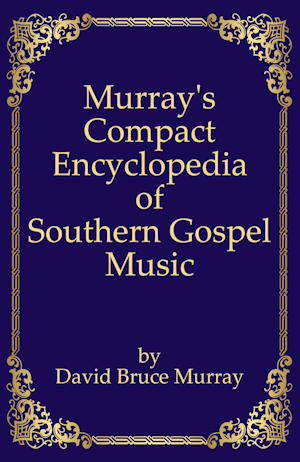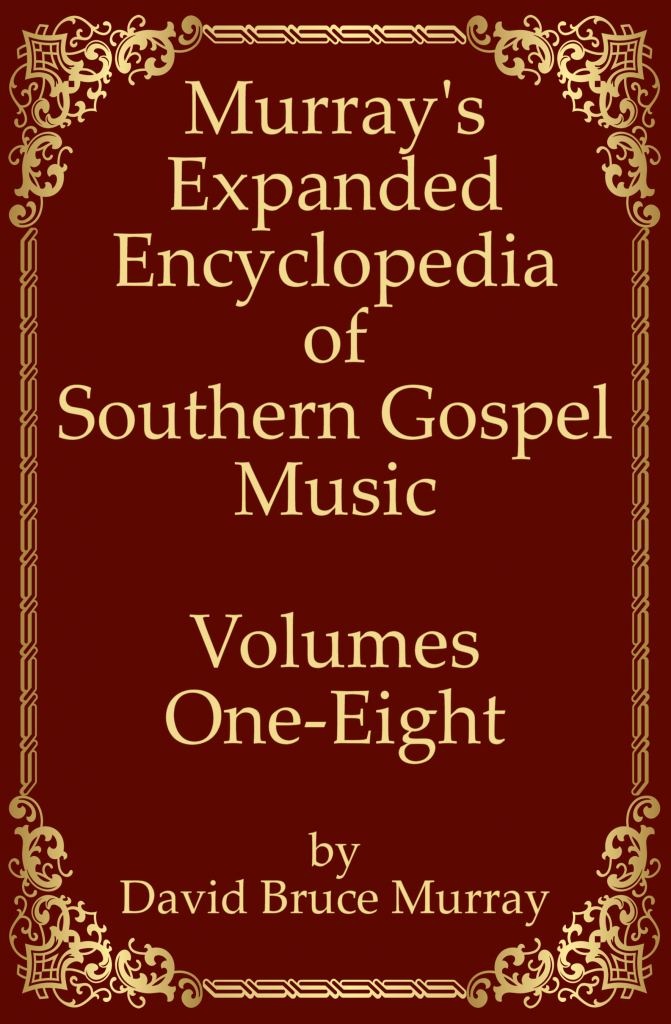This past year marked the first time in music industry history that streaming accounted for more than half (51%) of all music sales. That means that more people are listening to music via Spotify, Apple Music, YouTube, etc., than they are purchasing music directly, whether it be physical sales or even digital purchases such as iTunes.
Of course, that’s only because the RIAA decided last year that they would include streaming as part of their sales calculations. Prior to that, the number of streams didn’t count for anything, other than major headaches for professional songwriters. Now that they’re keeping track (a few years late), it’s apparent that consumers are no longer interested in purchasing music so much as they simply want to subscribe to an on-demand music service.
But what does this do to the music industry as a whole?
Let’s start with album sales. According to the RIAA’s rules, it takes 150 streams (or plays) of a single song via streaming service to equal just one paid download, and 1500 streams to equal one paid album. The trick here, however, is that you don’t have to stream an entire album for the whole album to receive credit. For example, if you listen to Ernie Haase & Signature Sound singing “Stand By Me” on Spotify 1,500 times, then their Here We Are Again album is credited with a full sale, even if you’ve never played any other song on the album. So long as at least one song (or any combination of songs) from a single album add up to 1,500 streams, your album gets one sale credit by the RIAA.
My first question is, how did they come up with the magic “150” number? Are they using royalty numbers as a reference? For every physical or digital purchase of a single song, a songwriter is awarded around 9 cents. The mandated royalty for streams, however, is $0.005, or half a cent per stream. If you want to hit that 9-cent royalty, you only need 18 streams. 150 streams adds up to 75 cents per unit sold! So right away, the math is odd.
Secondly, for a stream to count, it has to be played for a minimum of 30 seconds (according to a Spotify representative, anyway). Just having a song on your playlist doesn’t count, and if you hit “skip” before that magic 30-second limit, the play doesn’t count at all. In the old sales model, it didn’t matter if you played a song or not; so long as you PAID for it, you could use the tape for streamers or the CD for a coaster, and it still counted as a sale (and, by extension, a royalty). Now, you have access to virtually any song in the world, and no one sees a [half of a] cent until it’s played for at least 30 seconds.
As for the songwriters, their portion is laughable at best. See that royalty above for streaming? Yeah, it takes a LOT of half-cents to make a living as a professional songwriter. For example; if an album sells 1,000,000 copies and a songwriter has one song on that album, then they would be entitled to $90,000. If they are contracted with a publisher (i.e. don’t publish the song themselves), then they are entitled to half of that, or $45,000. Still not a bad payday. But let’s say that songwriter co-wrote the song with someone else. That splits the royalty yet again, depending on how many writers are credited with a song (and how many publishers are involved). And that’s a MILLION copies. Most albums (especially in SG music) today don’t sell a 10th of that.
In fact, if an album sells 25,000-50,000 copies, that’s considered a success. For a single songwriter who publishes their own material (and therefore is entitled to 100% of the unit royalty) and has one cut on an album, you’d be looking at around $2250. Throw in a third-party publisher and any co-writers, and you can see how little a songwriter actually makes just on sales royalties. That same single songwriter/publisher would only make $125 for the same amount of streams. You’ve just gone from a month’s salary for the average family to less than a week’s salary at minimum wage. Again, that $125 is split based on publishers and co-writers, so at the end of the day, a songwriter would be lucky to get a tank of gas from streaming royalties on a “successful” album.
To quote Woody Wright, “What if other goods and service providers had the same rate cut…. there’d be rioting in the streets of every town.”
Now granted, this is not an either/or type of situation. Albums are still (mostly) available in both physical and digital formats, so the royalties can fall anywhere in that above scale. Artists have also been known to pull their albums from streaming services (the most famous being Taylor Swift) in protest of the ridiculously low royalty scale (although Swift eventually negotiated a deal to return to streaming, at what is most likely a higher return than most because she’s Taylor Swift). In the end, however, even the old-school RIAA has been forced to acknowledge that on-demand streaming services are the new norm, and as long as consumers can get music for less, they will.
The problem is that the providers (i.e. Spotify, Apple Music, Tidal, etc.) and by extension, the consumers, are dictating the price of music, and artists and songwriters are at their mercy. Where as a plumber may say, “My services cost X amount of dollars,” music artists are being told by listeners, “I’m only going to pay this much for music, and if you don’t give it to me, I’ll find someone else who will.” Even artists who know their worth are being forced to play ball if they wish to stay relevant and accessible.
Some folks may say, “I pay so much a month for that service, so I should get my money’s worth!” Fair enough. Let’s see what your money’s worth actually is, comparatively speaking…
The average cost of a 10-to-12-song CD is $15. If you bought 1 CD per month for a year, you’d wind up with around 120-150 songs that you can play on any CD player or rip to your computer and play on your mobile device, with or without an internet connection, at a cost of $180/year, or around $0.75 per song. The average cost of a music streaming service is $10/month. Spotify boasts 30 million songs (and yes, I know you can’t listen to 30 million songs in one year). But, for argument’s sake, let’s say you listened to a continuous playlist of songs at 3-minutes a piece for an entire year, you wind up with 175,200 songs for $120/year, or $0.0006 per song.
Now I’m starting to see where the RIAA got their numbers.
How is this any different/better than the digital piracy of 15-20 years ago? With service like Napster and Limewire, users could get the same “on-demand” music, but usually in a lower-quality and often from questionable sources. The only difference now is that the quality is higher, and it’s coming directly from the record company. And if the artists (and especially the songwriters) are lucky, they’ll be able to eat a hot meal every now and then….
And what kind of affect will this have on the quality of music over time? If top-notch writers are not getting paid enough for their writing, then they’ll go somewhere else to find work (and better pay). The end result is subpar compositions from subpar writers that won’t sell/stream as well. The songwriters that choose to stay the course are forced to increase their output just to get close to their old royalty numbers. Even for the most phenomenal writers, if you are required to put quantity above quality, you’re going to see your output suffer. In either case, if an artist is forced to record mediocre music, their album sales will drop, and if they are lucky enough to get a follow-up album, their budget will be slashed, resulting in a subpar recording of subpar material, and even lower sales. See the downward spiral here?






Excellent article. Wish we all had an answer. Once the cars completely stop putting CDs players in then SG will have a significant financial problem.
Thinking and praying hard about this issue.
M Booth